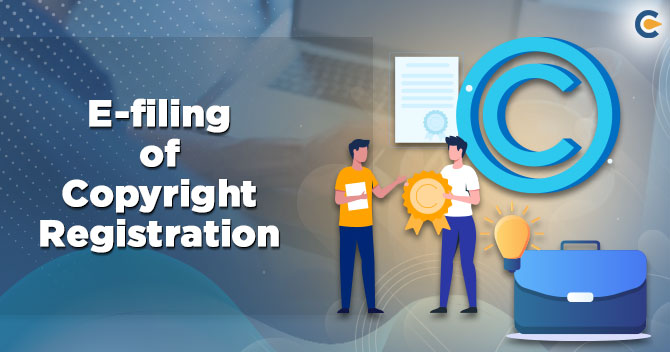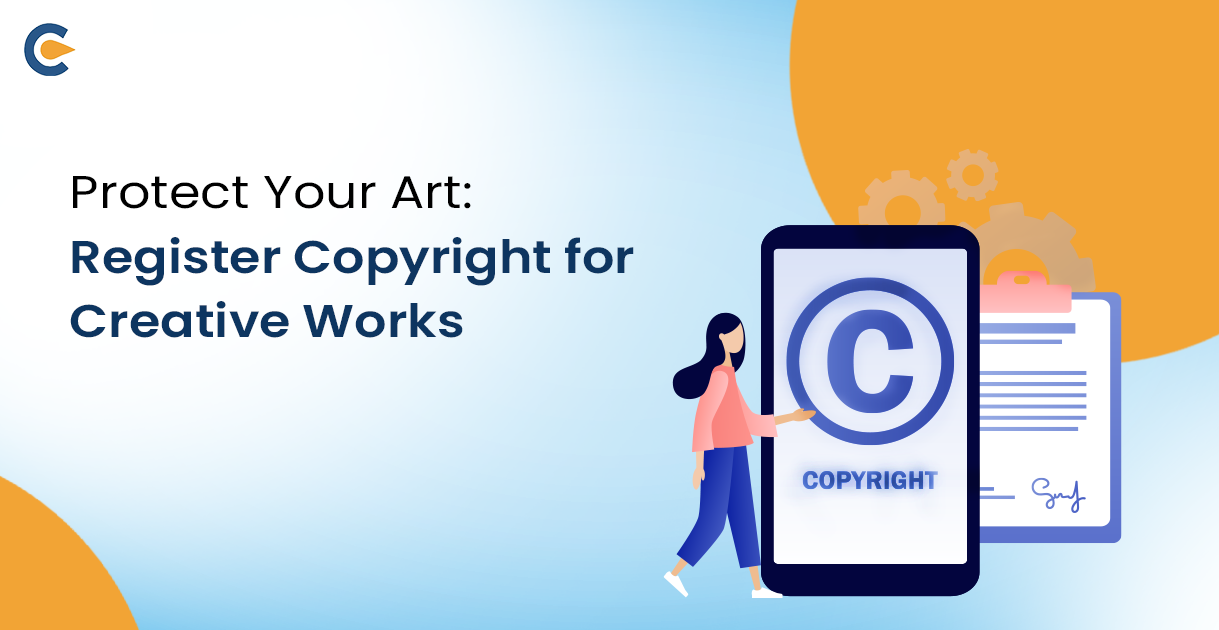Copyright registration ensures legal protection for a creative work of an artist that appears to be unique in every aspect. Creative works relating to literature, cinema, education, music, and so on qualify for Copyright protection. Copyright-protected works are not easy to replicate or reproduce in any aspect because doing so can attract penalties for the defaulter. In this write-up, you will learn everything about Copyright for a mechanical license.
Scope of Copyright Protection
Copyright protection safeguards a creative work (an original expression of an idea) only. It doesn’t protect the facts, system, or operation endorsing the creative work. Copyright registration cannot go beyond a given jurisdiction when conferred by the “public law”. Such a registration has a limited scope of protection that exist only in a given jurisdiction where it is granted. In the status quo, Copyright protection is available for the following creatives:
- Music
- Manuscripts
- Drama
- Books
- Digital forms
- Paintings
- Films
- Fashion Designs
- Performances
- Software
- Sound recording
- Mechanical licensing
- Literary Work
- Training Manuals, etc
What do you mean by the Mechanical License?
The mechanical license[1] serves as a legal agreement between the original composer of a soundtrack and a user. It allows the users to release the copyrighted composition in an audio-only format like hard disks, CDs, and so on. The mechanical license ensures royalty fees for the copyright owner of a composition.
What’s enclosed in the Mechanical License?
The mechanical license/agreement usually encloses the terms concerning the following;
- Scope of use
- Release of rework/reproduced composition
- Royalties to be paid by the licensee
- Area-wise limitations for streaming the music
- The onus of the licensee to deal with legal conflict
- Rights conferred to the licensee
Benefits of Copyright for a Mechanical License in India
The following are the benefits of getting a Copyright for a Mechanical License in India:
- Copyright protection ensures legal fencing for creative work.
- The Copyright for the mechanical license can extend the popularity of the composition beyond what it was earlier.
- Copyright for a mechanical license can help owners reap more income overtime via royalties.
- Copyright for a mechanical license strengthens the scope of collaboration between various artists.
Documents to be arranged by the applicant for Copyright for a mechanical license
To secure a mechanical license, an applicant must approach the copyright owner of the composition. Fundamental documents required for Copyright for a mechanical license include:
- Two copies of graphical notes
- No objection certificate by the license-seeker if someone else is dealing with the legal formalities for obtaining the license.
- IPO/Demand Draft enclosing the amount as per the owner’s intention.
- A power of attorney enclosing the applicant’s signature (if the lawyer is filing the application).
How to secure the Mechanical license?
A mechanical license can be secured via a cover soundtrack licensing service. The license-seeker can avail legal approval from the copyright owner and get the license in 1-2 business days.
How does the mechanical license work?
A recording company cannot release copyright-protected material without a mechanical license. A label disseminated in the soundtrack should adhere to the creator’s interest. This can be accomplished by securing the mechanical license granted to record labels. The imminent artists around the globe use the cover composition backed by mechanical license.
A copyright or non-dramatic music recorded in audio-only format for public events is permitted to be used by musical companies by the mechanical license company. The income reaped by the publisher pays money to the musical companies, which further distribute the fund to the song creators as per the contract’s terms.
Mechanical Rights concerning royalties and payment
The owner of the copyrighted soundtrack has the exclusive rights to decide who qualifies for the first phone record. And the publisher is not required to secure a mechanical license since the governing legislation confers the owner the right to accord the license.
The mechanical license accorded by the soundtrack company must be kept safe post-recording and after release. Before the soundtrack’s release, the manufacturer needs proof of a license. The same is true for online services. The Copyright for a mechanical license ensures that the license stays safe with the owner. The license comes into effect after the payment of the license fee as per the statutory rate.
If the writer records the artist’s work and the record is sold by the same companies, the record label qualifies for a reduction in the royalty fee. The artist or the publisher is likely to get paid around 75 percent of the statutory rate. Agreeing to anything lesser than the statutory rate is at the discretion of the party in question. The 3/4th of the rate available to the recording company is non-negotiable.
Conclusion
The Copyright aims at protecting the creator’s original expression of an idea. The scope of a copyright license cannot fall beyond the given jurisdiction where it has come into effect in the view of governing law. A mechanical license is a defence mechanism for the copyright owner since it ensures legal fencing for the creative work. No third party can alter or rework the original composition without securing this license. The Copyright for a mechanical license keeps the owners’ royalties intact no matter what the situation is.
Read Our Article:A Complete Overview on Copyright Protection for Software











